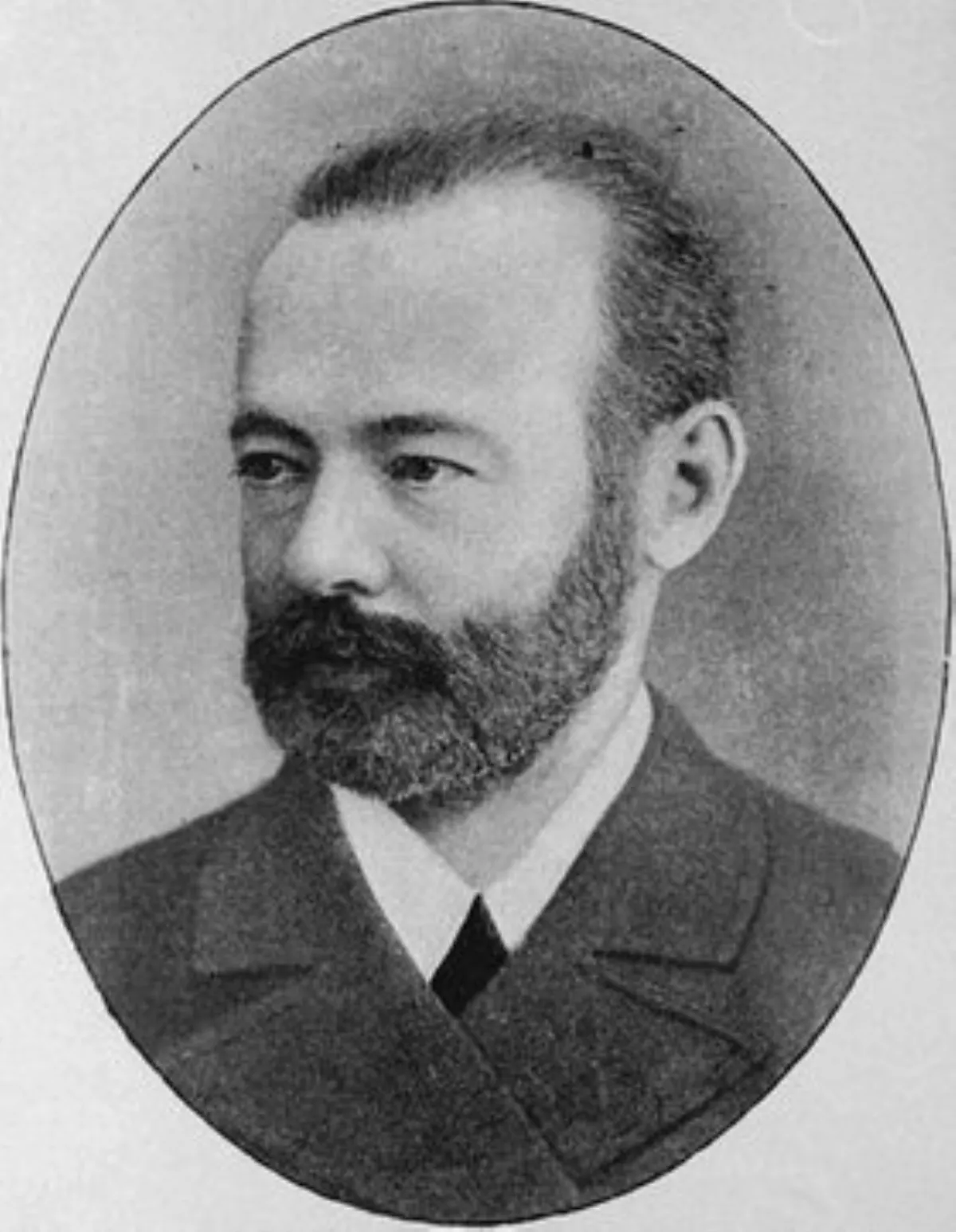 1.
1. Samuel Polyakov was a Russian businessman, informally known as the "most famous railroad king" of the Russian Empire, the senior member of the Polyakov business family, a philanthropist and a Jewish civil rights activist, co-founder of World ORT.